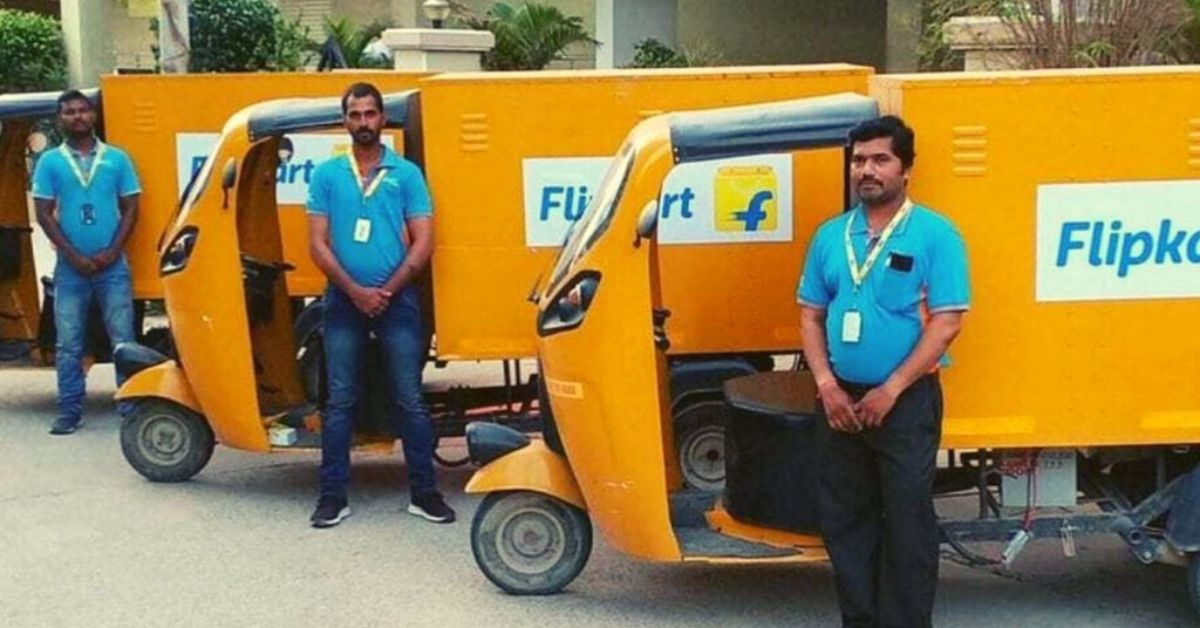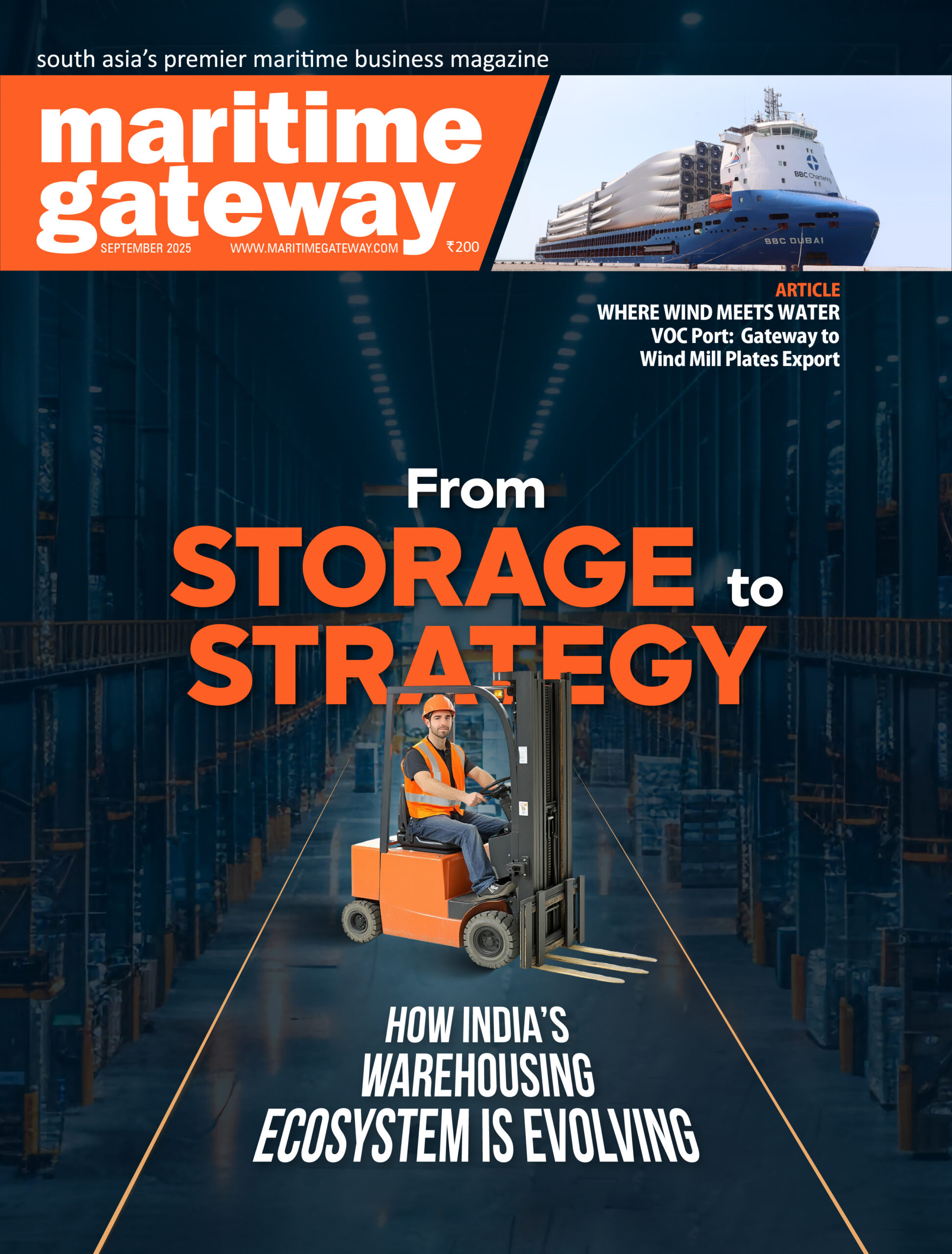Flipkart, India’s leading e-commerce marketplace, has reached a major sustainability milestone by expanding its electric vehicle (EV) delivery fleet to more than 20,000 units, effectively doubling its deployment within a year. The achievement marks a significant stride toward Flipkart’s goal of operating a 100% electric last-mile delivery fleet by 2030, underscoring its long-term commitment to cleaner, more efficient logistics.
The expanded EV fleet now serves customers across major metropolitan regions and Tier-2 and Tier-3 cities, including Delhi, Mumbai, Bengaluru, Hyderabad, and Lucknow. This development aligns with Flipkart’s pledge to the EV100 initiative led by The Climate Group, which encourages global companies to transition to electric transport.
In addition to scaling its fleet, Flipkart has rolled out several initiatives aimed at accelerating EV adoption within its supply chain. These include a long-haul electric truck pilot, nationwide EV awareness roadshows, and digital training programmes for its delivery workforce, known as wishmasters.
Currently, over 70% of Flipkart’s grocery deliveries are powered by electric vehicles—a testament to the fleet’s growing reliability and performance in dense, high-frequency delivery environments. This transition has also contributed to a notable reduction in the company’s operational carbon emissions.
As part of its pilot programme for medium-distance freight, Flipkart has partnered with Golden Aero Logistics to test a retrofitted Kalyani electric truck on the Delhi–Jaipur corridor. The trial aims to assess the feasibility of electric trucks for longer routes, focusing on operational performance, battery efficiency, and turnaround times.
To promote awareness and confidence among its delivery partners, Flipkart also launched a nationwide EV Roadshow in collaboration with Revolt and Bajaj. The campaign, which traveled across multiple cities, allowed drivers to test different EV models, explore charging options, and address concerns about range and maintenance. Complementing this effort, Flipkart hosted OEM x Last Mile Agencies (LMA) Connect sessions in Delhi and Mumbai to bring together manufacturers, fleet operators, and service providers for discussions on financing, infrastructure, and operational readiness.
Supporting the workforce transition, Flipkart introduced the Wishmaster Digital Campaign, an interactive e-learning platform designed to educate delivery partners on EV operations, charging practices, and sustainability goals. A recent survey of over 5,400 wishmasters revealed growing enthusiasm for EVs, with nearly 50% expressing willingness to switch, though challenges such as access to affordable financing remain.
Flipkart’s EV expansion reflects its broader mission to embed sustainability across every layer of its logistics operations. By investing in clean mobility and ecosystem collaboration, the company aims to help drive India’s transition toward a greener, more resilient supply chain—paving the way for a future where e-commerce growth and environmental responsibility go hand in hand.









